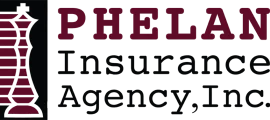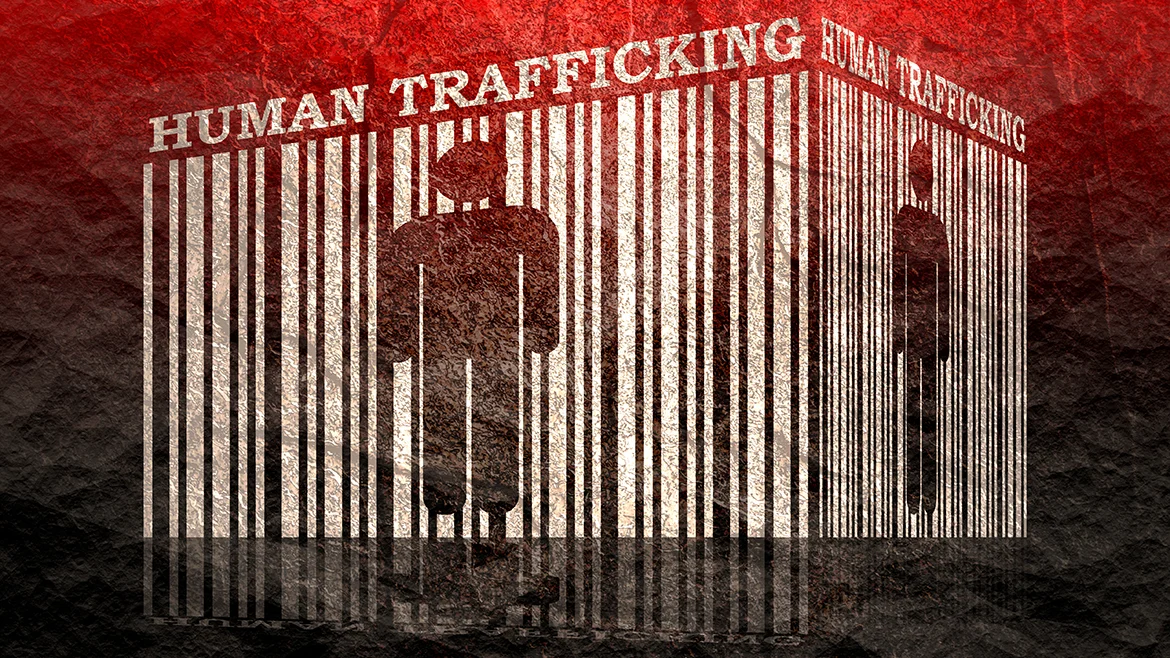Human trafficking is one of the fastest-growing criminal enterprises in the world and is estimated to be a $150 billion-a-year industry. This activity is common in the hospitality industry, largely due to the privacy hotels and motels offer criminal third parties. In fact, criminals can operate discreetly in these businesses, as they provide traffickers with easy access to buyers, allow them to maintain financial secrecy and don’t require them to secure a location of their own to conduct criminal activity.
Human trafficking is commonly referred to as a hidden crime, as language barriers, fear of their traffickers or fear of law enforcement prevent victims from seeking help. In the hospitality industry, hotel and motel staff are often some of the only people who interact with victims outside of the traffickers themselves.
As such, it’s critical for your employees to be aware of human trafficking, what to look for and how to report suspicious activity. Some states even have specific training requirements related to human trafficking in the hospitality industry, underscoring the importance of continued education.
What Is Human Trafficking?
Many consider human trafficking to be modern-day slavery. It occurs when a criminal third party exploits men, women or children for labor or sex, and for profit or gain. Typically, traffickers use force, fraud or coercion to control and manipulate their victims:
- Force can include isolating and removing victims from familiar surroundings; abusing victims physically or sexually; threatening abandonment; or withholding food, water, or shelter.
- Fraud can include falsely promising global travel or quick profit; or misrepresenting the work, working conditions, wages and benefits.
- Coercion can include instituting elaborate systems of rewards and punishments, or threatening to harm the victim or their family.
Human trafficking is typically divided into two categories:
- Sex trafficking—Sex trafficking occurs when a criminal third party uses force, fraud or coercion to compel an individual to engage in a commercial sex act (e.g., prostitution or pornography done in exchange for money, drugs or shelter) against their will.
- Labor trafficking—Labor trafficking occurs when a criminal third party uses force, fraud or coercion to compel an individual to provide labor or services. Often, labor trafficking involves work that might otherwise be legal if the worker was performing it voluntarily, for lawful wages and under safe and lawful conditions.
Perpetrators of human trafficking can span all racial, socioeconomic, ethnic and gender demographics. Traffickers can include family members, friends or peers of their victims; employers; gang or cartel members; strip club owners or managers; or intimate partners of the victims. Additionally, anyone can be a victim of human trafficking.
However, some populations are more vulnerable than others, including those experiencing a recent migration or relocation, substance abuse issues, mental health concerns, poverty, family dysfunction, homelessness or a lack of social support.
Training Your Staff on Human Trafficking Indicators
To prevent human trafficking at your establishment, it’s important for staff to recognize common indicators of such activities. While no single indicator necessarily constitutes as proof of human trafficking, educating employees on the following red flags is a critical first step to identifying potential victims and perpetrators:
- The suspected victim appears nervous, disoriented, confused, timid, submissive or fearful, avoiding eye contact and interaction with others.
- There’s a tense or uneven power dynamic between the suspected victim and trafficker. Similarly, the suspected victim appears to be constantly monitored by the suspected trafficker.
- The suspected victim shows signs of poor hygiene, malnourishment, physical abuse, restraint or confinement.
- The suspected victim has few possessions of their own or doesn’t have control over their own money or identification documents. In some cases, victims or traffickers may have no identification on them at all.
- The suspected victim is not permitted to speak on their own behalf. Or, when they do, their words seem scripted.
- The suspected victim is dressed inappropriately for their age or has lower quality clothing compared to others in their party.
- The suspected victim and trafficker leave their rooms infrequently, not at all or at odd hours. Additionally, it’s common for human traffickers to have their “Do Not Disturb” sign up all the time.
- The suspected trafficker pays for their stay with cash or a preloaded credit card.
- The suspected trafficker has a local address, but stays at the facility frequently and for short periods of time.
- Minors are registered with the suspected trafficker’s room, but are left alone for long periods of time. Or, there’s evidence that a minor present in the suspected trafficker’s room, but no minor is registered with the room.
- Unusual amounts of cash, sex paraphernalia, alcohol or illicit drugs, computers, cameras or cellphones are present in the suspected trafficker’s room.
- Individuals appear to be loitering in hallways by the suspected trafficker’s room, monitoring the area or exchanging money. In general, there’s a constant flow of people in and out of the suspected trafficker’s room at all hours.
Indicators of human trafficking may not be obvious, and the presence or absence of human trafficking indicators does not necessarily mean criminal activity is taking place at your business. However, the more informed your staff are, the more equipped they will be to intervene.
If an employee suspects human trafficking is occurring at the hotel, they should be instructed to do the following:
- Do not confront the suspected trafficker directly or alert a victim to your suspicions.
- Call 911, particularly if they witness threats of violence, physical assault or an individual with emergency medical needs.
- Notify management and security.
- Seek help from the National Human Trafficking Resource Center (NHTRC) by calling 1-888-373-7888 or texting “HELP” or “INFO” to BeFree (233733).
Other Considerations for Employers
In addition to properly training staff on common indicators of human trafficking activity, employers should consider doing the following:
- Establish a companywide policy regarding human trafficking—It’s critical to have a policy in place that allows you to respond to reports of human trafficking at your business. This policy should clearly communicate your company’s commitment to combating all forms of human trafficking and account for regular employee training. This policy should be distributed to staff as well as any contractors you partner with.
- Display signage in the workplace that highlights human trafficking indicators and how to seek help—Human trafficking can be difficult to spot, so it’s important that employees are reminded to stay vigilant. Posting signage in your hotel regarding human trafficking not only raises employee awareness, but it also may be required by some state laws. Signage should provide an overview of how to spot human trafficking activity and include contact information for the NHTRC.
- Establish partnerships with local law enforcement and human trafficking task forces—Partnering with local law enforcement and human trafficking task forces is critical when it comes to human trafficking prevention. Not only does fostering relationships with these groups ensure your business knows who to contact should concerns arise, but it can also aid in the continued education of your staff. Some businesses even work with law enforcement and human trafficking task forces to hone their employee training materials.
Again, there may be specific regulations related to human trafficking training and prevention that impact your business. Be sure to work with qualified legal and insurance professionals when establishing policies and procedures.
For more ways to protect your business, contact us today.
© 2020 Zywave, Inc. All rights reserved.

